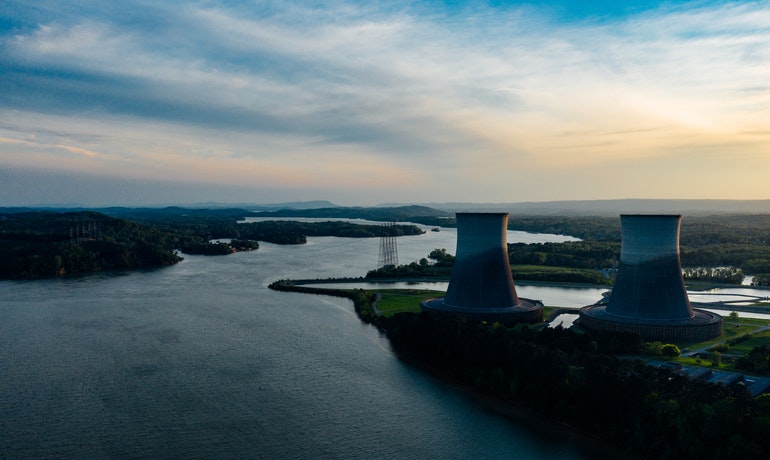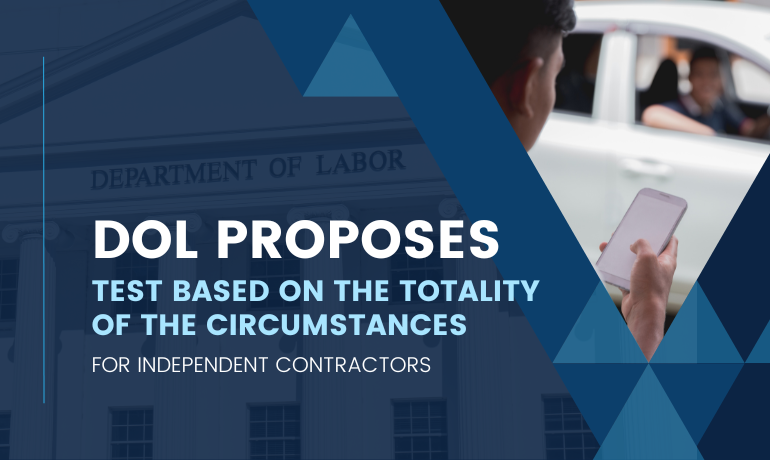Charles Faddis painted a dismal picture in his May 6th op-ed in the New York Times. Faddis, a former CIA official, commented on the potential hazard posed by Faisal Shahzad who had access to five nuclear power plants in the US as a maintenance worker before moving to Yemen to allegedly join Al Qaeda. If anything, Mr. Faddis is overly optimistic on this point.
The Nuclear Regulatory Commission took many measures to upgrade security at the nation’s nuclear power plants following 9/11. But Mr. Shahzad’s case illustrates the need to take a few more steps.
Tens of thousands of people work at US nuclear plants. Virtually all of them have access to computer systems at these plants that contain scanned images of blueprints, calculations, and schedules for upcoming maintenance on emergency systems. And thousands of those workers never had background checks. NRC’s regulations only require background checks for workers who need unescorted access inside the plant’s security fences. Workers in administrative offices, warehouses, training buildings, and such outside those security fences are not required to have background checks. Thus, someone could go to work at a nuclear plant as a janitor, clerk, engineer or instructor and have ready access to most of the detailed information needed to identify that plant’s vulnerabilities and to best exploit them – all without any NRC-mandated background check.




